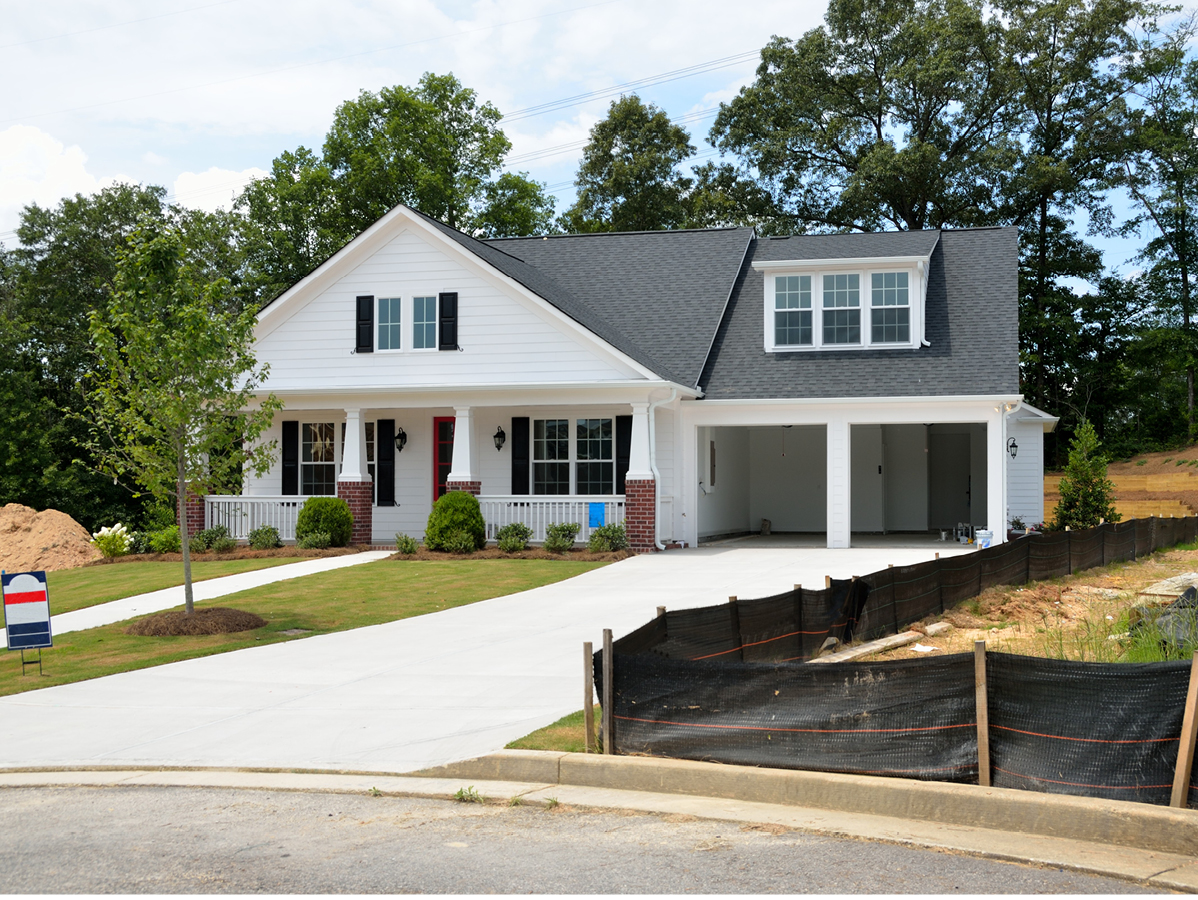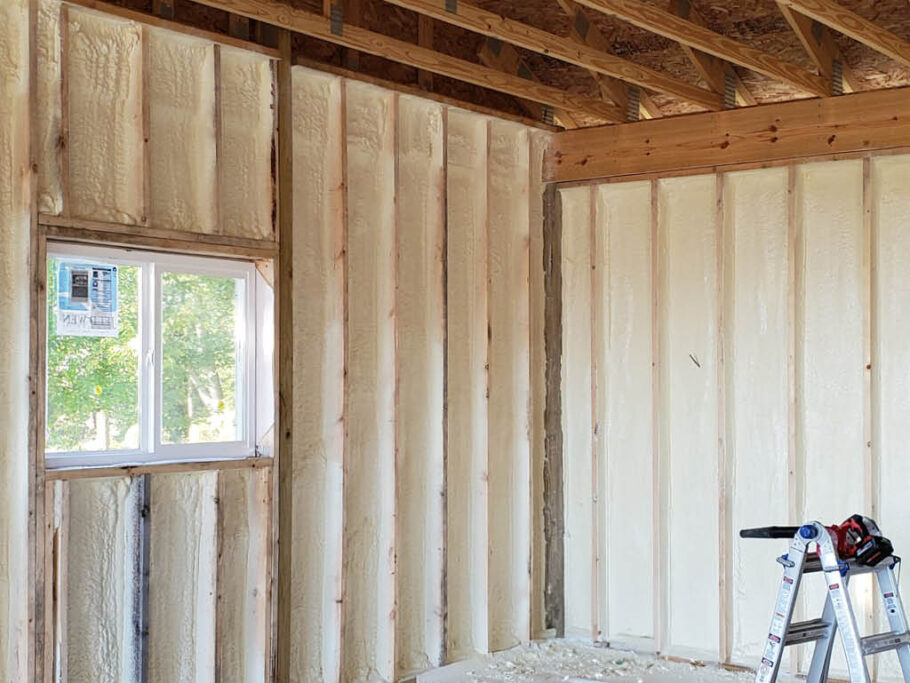Looking for New Construction? Here’s What to Keep in Mind
Before you jump into buying a newly constructed home, it’s important to understand the process and determine how to navigate it successfully. Here you will find the ten best tips for making sure that your new home purchase provides everything you’re hoping for while staying on time and on budget.
1. Determine your priorities at the start
It’s important for you to decide why you’re looking for new construction. Are you simply trying to overcome low inventory in your chosen market? Are you more interested in the personalization opportunities available with new construction? Is your budget the most important consideration or are you flexible enough to incorporate additional features that you find appealing? Know what matters most to you and think twice before you depart from your plan.

2. Optimize the location and lot
When you’re able to choose your location and the style of your new construction home, it pays to think through the placement and orientation of your home on the lot. How will the front elevation relate to the street and to the neighbors? What is the view from the owner’s suite? The kitchen window? Where will the outdoor spaces be and how will they relate to the property’s best features? Think through curb appeal and livability when determining how your home will be situated.
3. Do your homework
All builders are not created equal, so it pays to check out the builder you’re thinking of using. Talk to a trusted real estate professional and find out what they’ve heard about your chosen builder. Talk to previous clients and look at online reviews. Try to determine what parts of the process have been most difficult for others, and think ahead to how you can avoid problems before they occur.

4. Explore builder-provided discounts and incentives
In some cases, your builder may provide special offers if you use their in-house lender or if you close by a certain time. They may have spec homes that have fallen through during the contract period and which they would be willing to let go in exchange for a quick sale. Determine whether these specials are cost-effective in your case and whether they make sense for your wish list. Don’t jump in just because there’s a discount available—check out other options first, and crunch the numbers for each option before you decide.
5. Be careful when it comes to extras and upgrades
The biggest budget-buster for most new construction projects is the list of optional features and upgrades along with adjustments and changes during the building process. While you will no doubt want to take advantage of the opportunity to add some upgrades during the process, be smart about which ones you choose. Here are a list of times when it makes sense to choose the builder upgrade option:
- When the upgrade involves a structural change that would be easier and cheaper to implement during the building process rather than after.
- When the upgrade is something that you’ll particularly care about and enjoy using every day, like those in a kitchen or owner’s suite.
- When the upgrade will have a significant long-term impact on the home’s resale value or energy efficiency.
- When the cost through the builder is close to that charged by a contractor.
Once you’ve made a decision, try to stick to it if at all possible. Change orders can significantly raise the cost of construction and contribute to delays.

6. Don’t be afraid to negotiate
Many people falsely believe that there is no room for negotiation when working with a builder, but in fact, there are many areas open for negotiation other than overall price. You may be able to negotiate a reduced interest rate or reduced closing costs through an affiliated lender or title company, as well as a selection of upgrades and optional features. Work with a real estate agent or broker to choose the best options for your budget and timeline.
7. Ensure everything is in writing
When you’re talking through your options with your builder or their representative, you may talk about options and prices in an informal way. Just remember that an assurance means nothing if it’s not in writing. Keep track of everything you discuss, and have an agent ensure that they are all properly noted in your contract.

8. Don’t forgo the home inspection
Just because it’s new construction doesn’t mean that you don’t need an inspection. Accidents happen and errors occur. A real estate professional can recommend a well-qualified home inspector who’ll provide you with a comprehensive report of the condition of the property and what still needs to be completed before closing.
9. Keep track of guarantees and warranties
There will be guarantees and warranties for the building itself as well as its systems, appliances, and other features. You’ll need to keep track of all of these, along with their specific terms and requirements, in order to make sure that you don’t accidentally void them or wait too long to take advantage of the repairs and benefits they provide.

10. Expect the unexpected
New construction has many great benefits but it can also have its share of problems. Be prepared for delays, mistakes, and other issues to crop up, and have a plan in place to address them. If everything is smooth sailing, great! If not, you’ll feel better knowing that you and a real estate agent have already thought through a number of eventualities, helping to ensure that you’re ready for anything.













